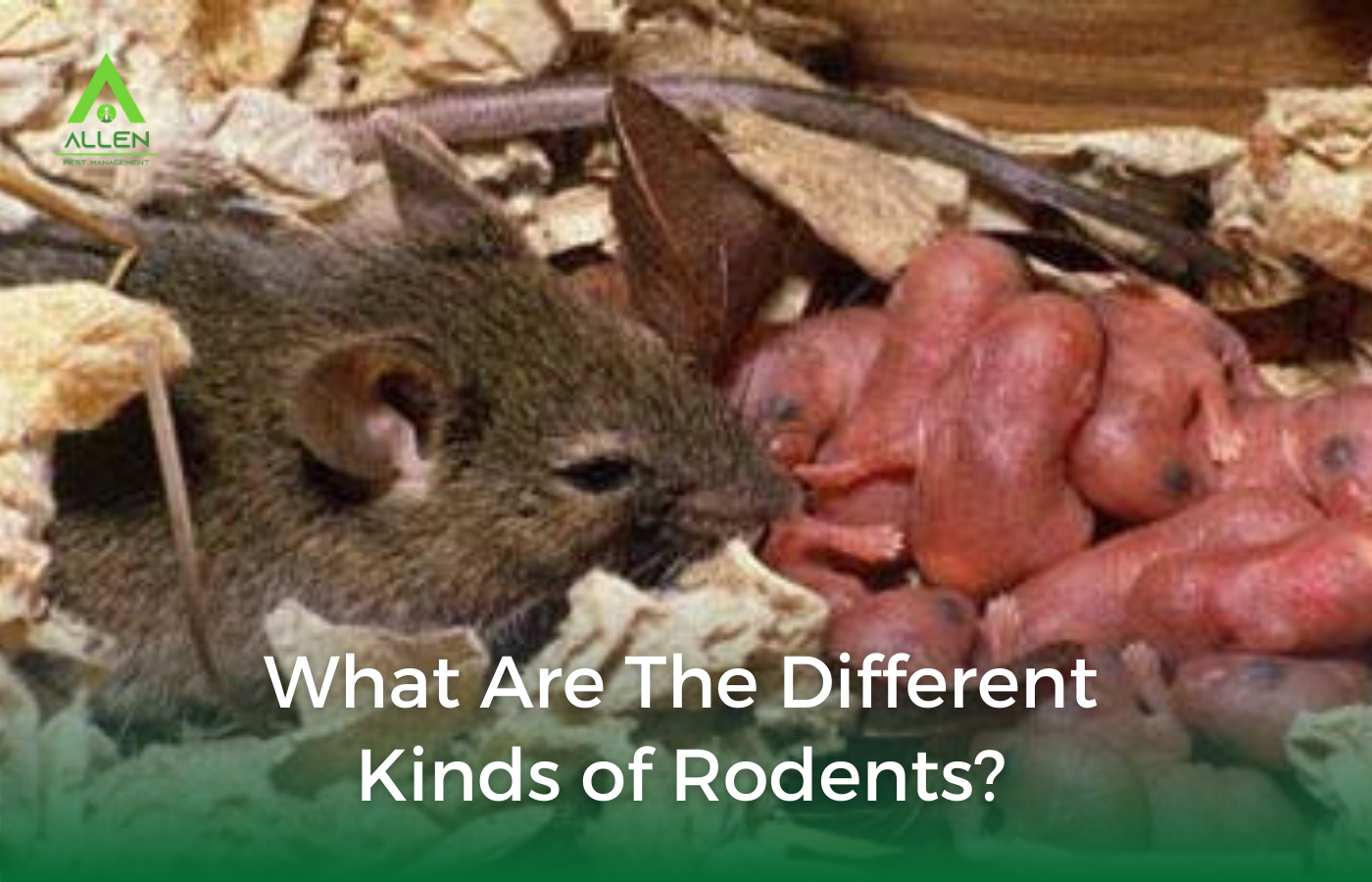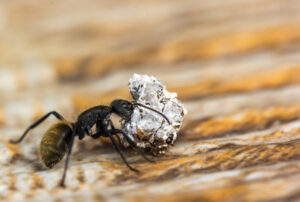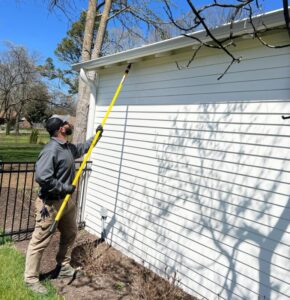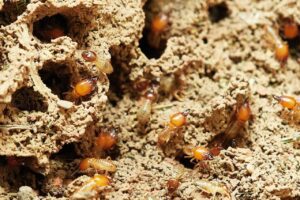Sharp teeth let rodents stand out as a distinct type of small mammal. On every continent, in almost every climate, they’re quietly making themselves at home, and have been for centuries. Commonly encountered in homes and gardens, rodents can cause significant damage and pose health risks. To outrun a rodent infestation, you first need to identify the specific critter causing the chaos. Rodents are on the agenda today – we’re unearthing the telltale signs that identify them and the savvy techniques you need to reclaim your space.
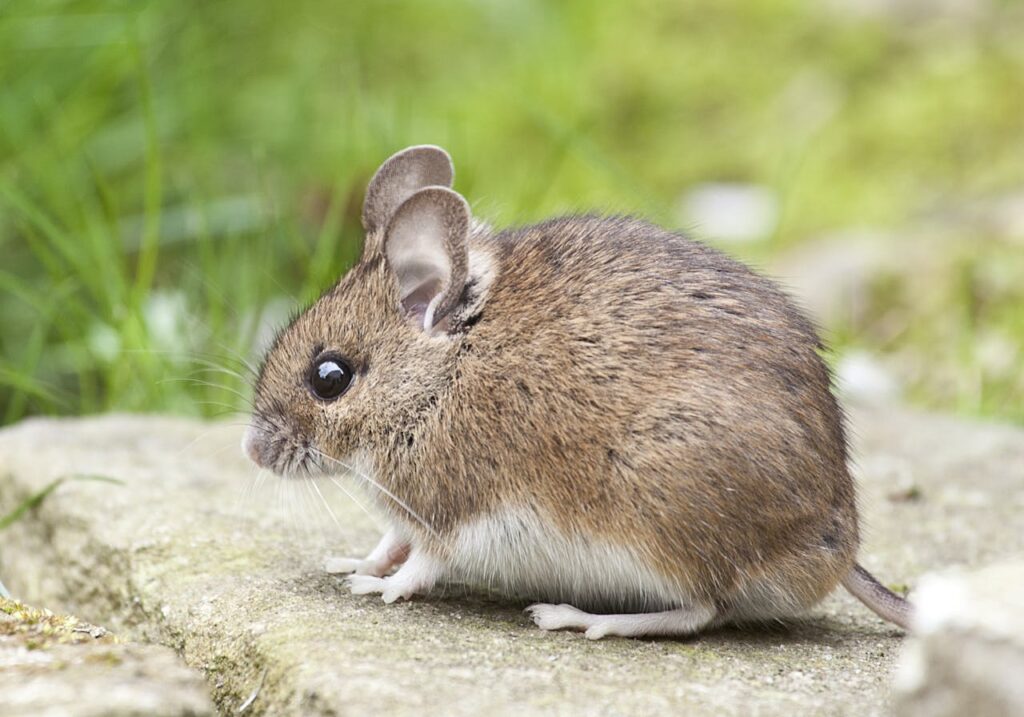
Common Types of Rodents
Mice
Mice are small rodents with long tails and large ears. They are often found in homes and can quickly become a nuisance. Mice are known to contaminate food and spread diseases. They can squeeze through very small openings, making them difficult to keep out.
Rats
Rats are larger than mice and can be more aggressive. There are two main types of rats: the Norway rat and the roof rat. Norway rats are bigger and prefer to stay close to the ground, while roof rats are smaller and like to climb. Both types can cause significant damage to property and pose health risks.
Squirrels
Squirrels are often seen as cute, but they can be troublesome when they invade homes. They usually nest in attics and can cause damage by chewing on wires and insulation. Squirrels can also carry fleas and ticks.
Chipmunks
Chipmunks are small, striped rodents that are commonly found in gardens. They dig burrows and can damage plants and foundations. Chipmunks are less likely to enter homes but can still cause problems outside.
Voles
Voles are small, stocky rodents that live underground. They create extensive tunnel systems that can ruin lawns and gardens. Voles are herbivores and can damage plants by eating roots and stems.
Tips for Rodent Control
Prevent Entry
Sealing entry points is one of the most effective ways to prevent rodents from entering your home. Look for gaps around doors, windows, and pipes and seal them with appropriate materials.
Maintain Cleanliness
Rodents are attracted to food and shelter. Keeping your home clean and free of food scraps can help deter them. Store food in sealed containers and clean up spills promptly.
Use Traps and Baits
Traps and baits can be effective tools for controlling rodent populations. Place them in areas where you’ve noticed rodent activity. Be sure to follow safety guidelines to avoid accidental harm to pets and children.
Call Professional Help
For severe infestations, it may be necessary to call pest control professionals. They have the expertise and tools to handle large rodent populations safely and effectively.
Effective Rodent Control: Protect Your Home and Health
Rodents come in many shapes and sizes, each with unique characteristics and habits. Understanding the different types of rodents and practicing good rodent control measures can help protect your home and health. By preventing entry, maintaining cleanliness, using traps and baits, and seeking professional help when needed, you can effectively manage rodent problems and reduce the risks associated with these persistent pests.
Facing a big rodent problem? Don’t worry—Allen Pest Management is here to help. We efficiently handle all pest issues, big or small, with the latest techniques and tools to make your space rodent-free. Don’t let rodents take over; contact us today for a consultation and start your journey to a pest-free environment. Protect your property and health with our reliable rodent control services. Call now!

